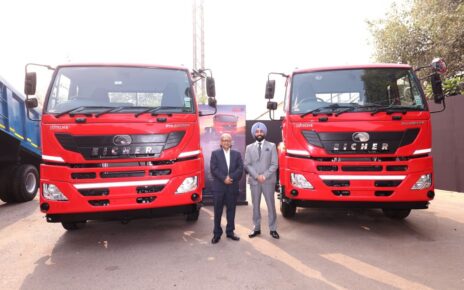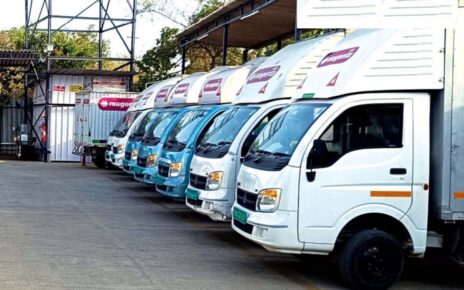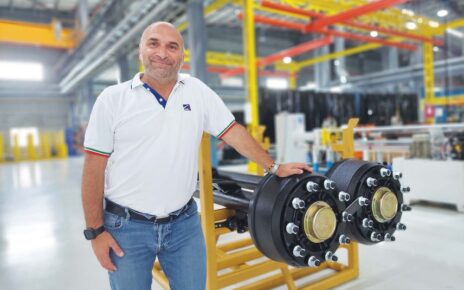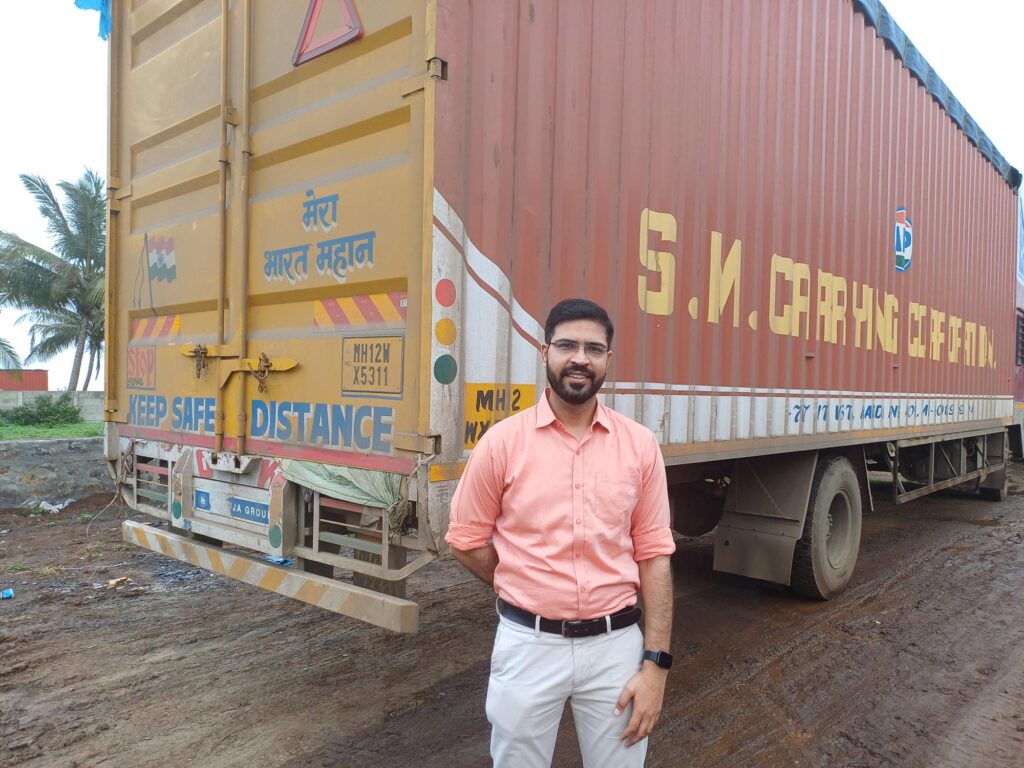
In the ever-evolving world of logistics, adaptability, foresight, and execution define the winners. Over the past 15 years, S M Carrying Corporation has steadily established itself as a trusted name in the Indian road transport sector. With a fleet of 106 owned vehicles, predominantly 32 ft SXL trucks, the company operates through five major hubs, offering pan-India coverage to key customers.
“Every year, we receive appreciation from our customers. That continued trust and the strength of our fleet is what we consider our biggest milestone,” says Manish Sharma, Managing Partner, reflecting on their steady rise. “We’ve maintained an average fleet age of 5 years and adopted BS-VI technology early on, which now accounts for 60% of our fleet.”
Data, Discipline and Delivery
What sets the company apart is its disciplined approach to planning and its early adoption of digital tools. An ERP system was implemented in phases, allowing the team to standardize processes, improve visibility, and enhance control over fleet operations. This balance between digital tools and human oversight has enabled strategic decisions based on real-time data.
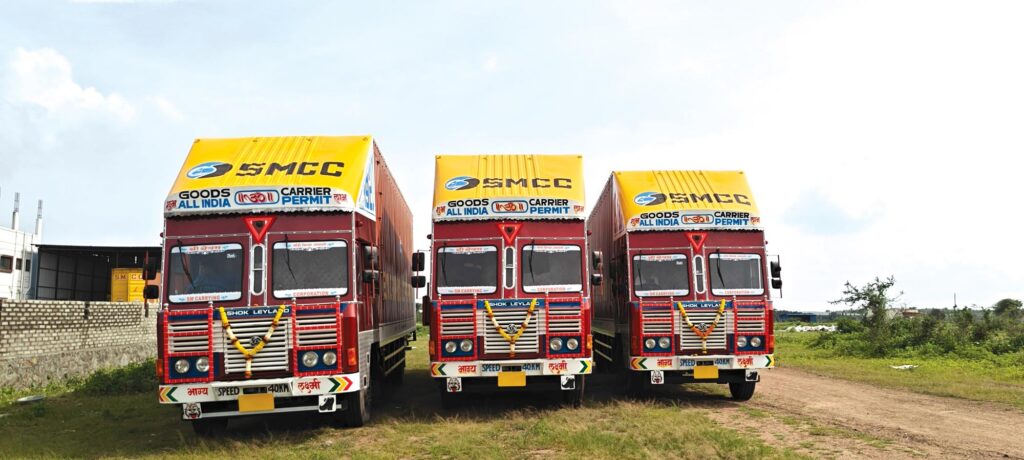
“We didn’t rush digitization; we phased it, integrated it, and balanced it with human touch,” says Manish. “The real benefit comes when your data talks to you, helping you make smarter, faster decisions.”
Embracing New Realities in Transport
The logistics landscape in India is undergoing a dramatic transformation, shaped by robust infrastructure development and digital innovations. With better highways and dedicated freight corridors, transit times are shrinking. Simultaneously, digital platforms are making operations more transparent and trackable.
“While infrastructure upgrades were a mandate, digital transformation was our choice. We’ve invested in aligning our operations with both,” he shares. “It’s not just about technology; it’s about timing your adoption to deliver productivity gains.”
At SM Carrying Corporation, this translates to smarter routing, fewer empty runs, and a better handle on fuel and time management. The outcome: increased productivity and more satisfied customers.
Building a Greener, Smarter Ecosystem
Efficiency isn’t just about cost anymore; it’s about the environmental footprint too. Recognising this, the company has woven sustainability into its operations by using ERP systems alongside IoT for greater automation. Less manual intervention means fewer errors, better asset utilization, and ultimately, less waste.
“Our systems and IoT setups have reduced manual work dramatically,” he notes. “It’s made our operations consistent and efficient while indirectly supporting sustainability.”
The Customer Comes First, Always
As businesses evolve, so do customer expectations. Today, clients want three things; speed, visibility, and reliability. SM Carrying Corporation is working to meet all three, but Manish stresses that reliability is their cornerstone.
“We go the extra mile during peak seasons. Our customers depend on that extra support to meet their targets,” he says. “By trimming unproductive time and breakdowns, we also help our drivers perform better, which in turn reflects on delivery speed and service quality.”
On the visibility front, their investments in connected vehicles and track-and-trace systems have brought much-needed transparency to the supply chain.
Road Ahead: Turning Challenges into Opportunities
Looking ahead, India has both an advantage and a dilemma. While it’s among the fastest-growing economies, it also suffers from high logistics costs, which dent competitiveness. Sharma believes this can only be fixed by better coordination and integrated planning.
“India has diversity; of seasons, geography, and demand cycles. With proactive, data-backed planning, we can convert this complexity into opportunity,” he asserts.
Another lever for future growth lies in India’s demographic edge. With a young population and growing interest in logistics as a career, Manish sees immense potential.
“While the world struggles with a skill shortage, India has the people. With the right training and motivation, we can make Indian logistics both cost-effective and globally competitive,” he concludes.


